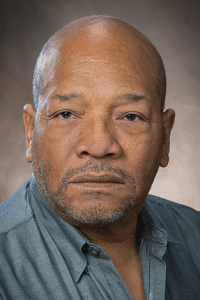 Announcements
Announcements A 12-Step Program for Decolonizing the University: Archived Webinar
Long-standing calls to uproot structural racism across the world – including in academia – have gained impetus in the wake of George Floyd’s murder. But what does decolonizing the university mean? And how can professors, faculty, students, and academics work to create this change? A webinar conversation with Rodney Coates held July 30 provided a start to answering these questions.
As Europe colonized much of the world, it installed its major institutions – politics, family structure, economic systems, religion, and education – across the United States and Americas, India, Africa, and the Caribbean primarily to guarantee European rule, hierarchies, and identities. As former colonies have struggled to remove the imperial color, their efforts have been stifled in many ways by the institutions that are central to their existence. Within the university, as with all other European imported institutions, white privilege, space, and identity have been not only preserved, but continually reified.

In this one-hour webinar, public sociologist Rodney Coates, professor of global and intercultural studies and coordinator for Black World Studies at Miami University, Ohio, outlined his 12 steps for accomplishing such decolonization. He’ll explain how and why decolonizing the university means recentering the various voices of peoples of color, taking them from the margins to the core of what the academy is about.
Coates has developed and taught a wide assortment of courses such as “Introduction to Critical Race and Ethnic Studies,” “Introduction to Social Justice,” “Critical Race and Post-Colonial Structures,” “Civil Rights and Social Movements,” and “Human Rights and Social Movements.” His course on globalization, social justice, and human rights, which links universities from around the globe (to include the United Kingdom, Russia, Italy, Spain, British Columbia) has received several awards and been featured in published articles. An essayist, poet and photographer, his academic writing includes being the lead author of the book The Matrix of Race: Social Construction, Intersectionality, and Inequality, published by SAGE (the parent of Social Science Space).




























































































